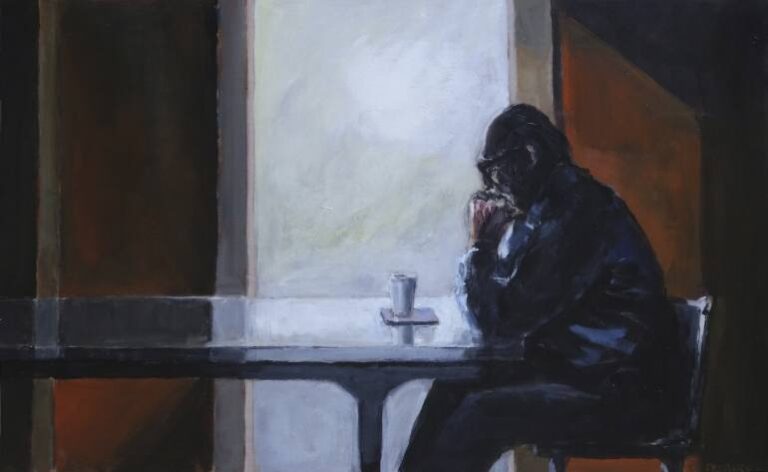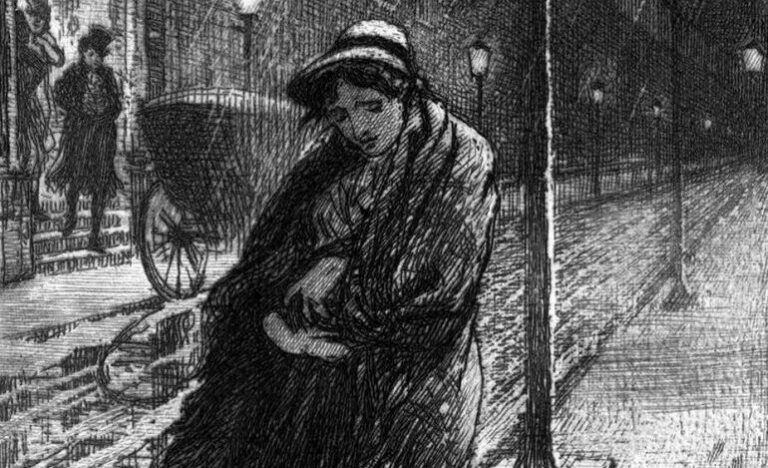The Best Short Story I Read in a Lit Mag This Week: “The Ones Who Don’t Say They Love You” by Maurice Carlos Ruffin
I’ve grown to feel that the direct address of second person point-of-view—you—feels like a forced intimacy. There’s an insistence that isn’t necessarily requited, a desperation that meshes perfectly with the plight of the main character of Maurice Carlos Ruffin’s compelling “The Ones Who Don’t Say They Love You,” (The Iowa Review 44/3) which details a few days in the life of a teenage prostitute in New Orlean’s French Quarter.
We meet the narrator as he’s working the street corner and is approached by one of his regulars, Mr. Jellnik, “…the only one who buy you food after he do his business.” Jellnik is from Idaho, and offers the narrator to fly him back to Idaho, where he lives, where he’ll be more safe than working the streets of the Quarter. The narrator responds, “Why do you care about what happen to me?”
That question, why does Jellnik care, why does anyone care, is central to the narrator’s position. Is it for love, or at least something reaching towards it? The narrator’s world requires him to act intimately when he doesn’t feel it, force himself to pretend he’s attracted to Johns even if he feels they are disgusting. Intimacy is about money and sex is about survival. It’s a job. If someone cares, there has always been an ulterior motive. In his own words, “…if you don’t fake it, what else you got?”
This reality hasn’t just emerged from the narrator’s present job. Ruffin threads this sense of life lived faking human intimacy for financial gain back to the narrator’s life at home. “The boys are foster boys like you. Lorraine get a check every two weeks for keeping y’all. You don’t get any because she call it rent.” Even when he brings home chicken to share with Lorraine, instead of receiving it as a gift, and showing affection, she refers to the food in dry economic terms: “Her cut she calls it.”
Where the narrator comes from, even the intimacy of family connections is reduced to a paycheck. So what Mr. Jellnik is offering—to go away with him—isn’t just an escape from the French Quarter, but the way he’s learned to live his entire life, the way he views the world.
In the end, the narrator doesn’t leave the French Quarter. But I got the sense that were he able to run off with Jellnik, and were Jellnik genuinely offering to take him in for love and not money, there was a chance that not just the narrator’s approach to sex and family might change, but that there might be a change in the narrative point-of-view itself.
I’ve read novels where the perspective shifts from first person plural to first person singular to mirror a plot and character change (We the Animals by Justin Torres is one). But I got the strong sense that Ruffin had created a narrator that, were the ending different, might cease telling his story in the second person, and resolve instead to tell it in the first person. This is speculation, but I think it’s also another way of saying that in “The Ones Who Don’t Say They Love You,” Ruffin uses the second person to its fullest affect—not as simply a point-of-view but as an extension of a plot, a character, and a way of life.


